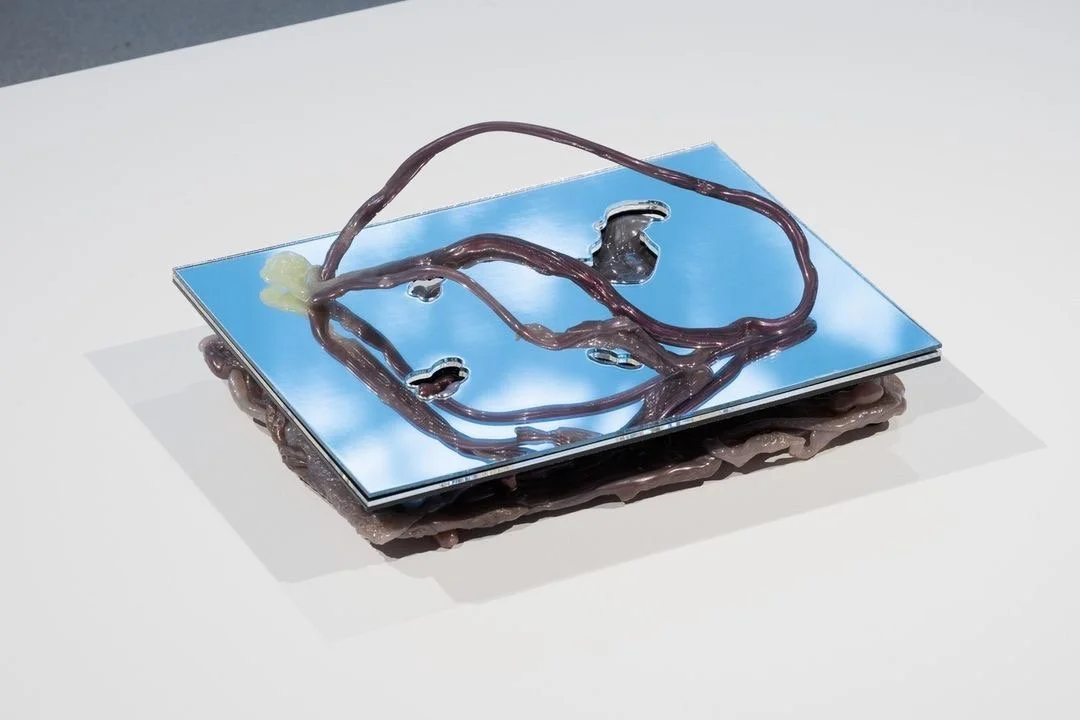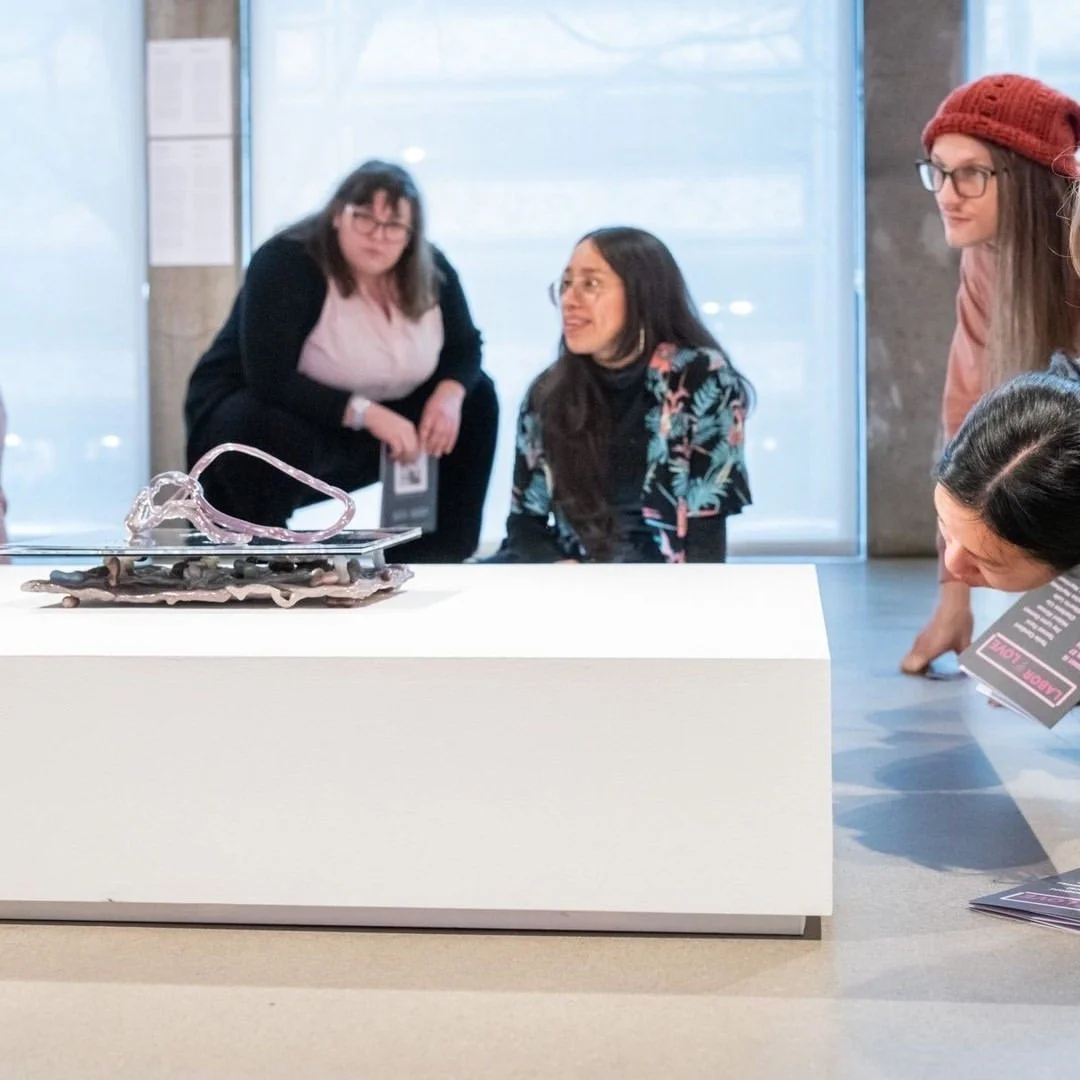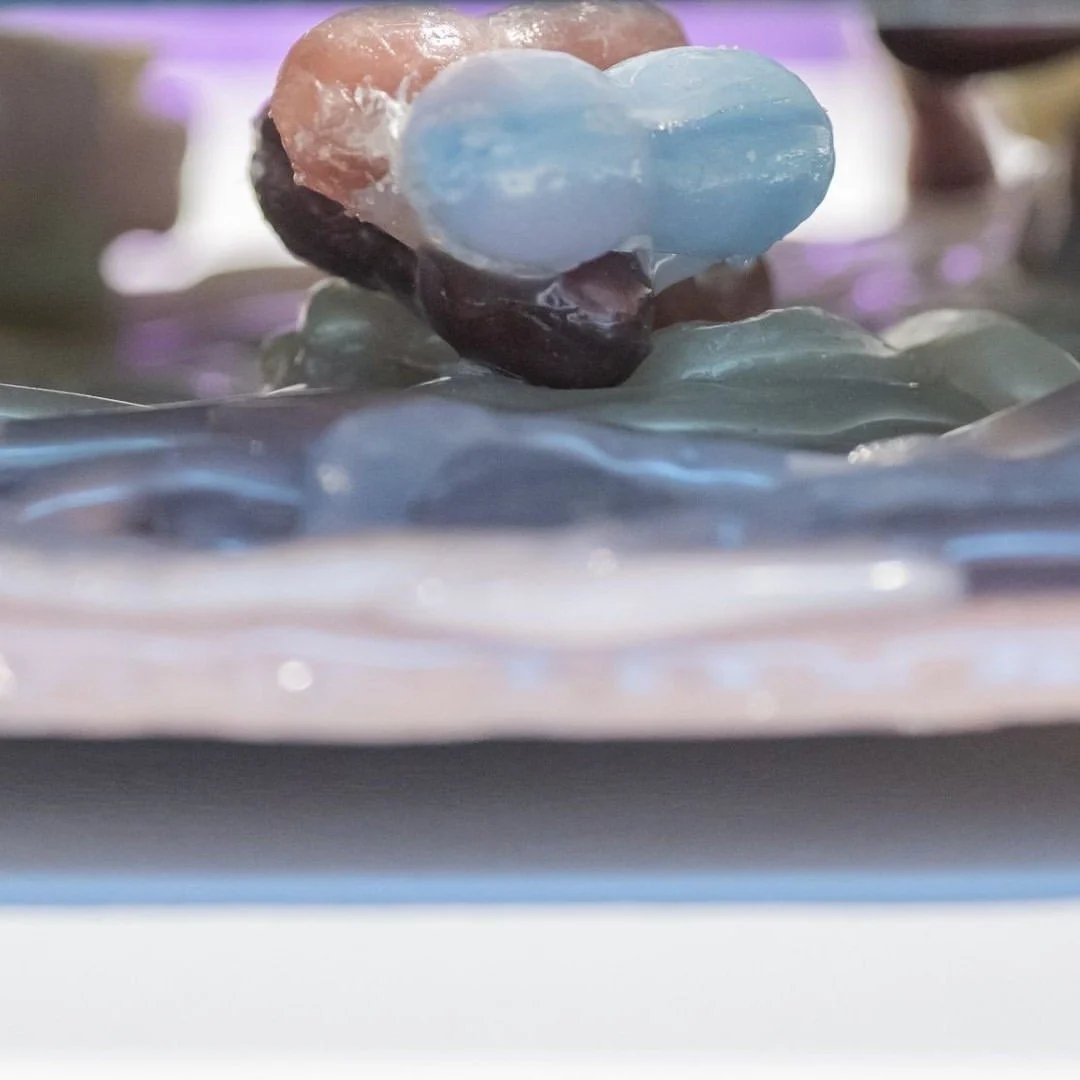
Nut Here Nut Now







The above photographs are courtesy of Mario Gallucci and the Jordan Schnitzer Museum of Art
On view January 16–April 27, 2024. Labor of Love, Jordan Schnitzer Museum of Art at Portland State University. Admission is always free.
Midori Hirose, a Japanese American interdisciplinary artist based in Portland, Oregon, centers her creative practice around presence, engagement, and immersion. She explores vulnerability and the unknown through expanded listening and creative exploration, integrating visual art-making, writing, music, performance, community organizing, environmentalism, and activism to foster multidimensionality. Using site-specific collaborations, historical narratives, physiological and psychological perception, and storytelling, Hirose delves into the nuances of human connection, community, and place.
Her projects revolve around lesser-known individual and collective narratives, which she uses as launching pads to address broader social themes. Through a combination of focused and open-ended inquiry, Hirose uncovers often overlooked or misconstrued facets of a place or situation, which she terms the “never not heres.” By investigating microcosms or substrata of communities, she reveals hidden or obscured layers of experience, both mystical and mundane.
Nut Here Nut Now considers the story of the peanut—a humble legume with a global and cultural legacy—depicting the peanut through "reconstituted" (shredded and reshaped) plastic refuse. Hirose draws parallels between historical and contemporary contexts, examining questionable labor practices and consumption.
The historical journey of peanuts, cultivated across the globe for thousands of years, reveals tales of resilience, adaptation, and exploitation and are today eaten and enjoyed in innumerable cuisines. Originally domesticated by Indigenous communities in South America, namely present-day Peru, peanuts were thought to have held important ceremonial and economic value. Peanuts moved north through Mexico, where Spanish colonizers acquired the legume, taking them back to Europe and eventually West Africa. Subsequently, the peanut was brought to the Southern United States by enslaved West Africans, often the only food source available on their forced voyage across the Atlantic to America.
In 1916 prominent agricultural chemist and artist George Washington Carver, born into slavery in Missouri around 1861, published a research bulletin “How to Grow the Peanut and 105 Ways of Preparing it For Human Consumption.” Gaining worldwide acclaim, Carver espoused the benefits of cultivating peanuts, explaining that they contributed to the sustainability of farms by adding beneficial nitrogen to the soil. Carver continued to discover a multitude of uses for the peanut in food production, cosmetics, and everyday household objects.
In a poignant twist, Nut Here Nut Now transforms the peanut into "reconstituted" plastic waste, drawing parallels with the iconic scene from the 1967 film "The Graduate" where a career in "plastics" symbolizes materialistic values and progress. This metaphorical bridge highlights the unintended consequences of ambitious lifestyle choices. Utilizing plastic as a lens on global labor issues, Hirose explores concerns in the plastic industry, ranging from workers' rights to safety standards and health hazards. She acknowledges the contemporary global repercussions of plastic production, as ethical concerns persist throughout production, prompting broader questions about the impact of our decisions.
Hirose approaches the dilemma of human relationships as they transcend a humane and ethical framework. By unearthing the role of labor in the peanut’s history, Nut Here Nut Now prompts reflection on the origins of our food, the ways in which we do and do not recognize labor, and art’s historical role in the amplification of unheard voices. Hirose honors the legacy of the peanut and that of the laborers who have cultivated, transported, and processed it.
For more info visit JSMA’s link here.
The exhibition features the work of Tania Candiani, Tannaz Farsi, Jay Lynn Gomez, Midori Hirose, Charlene Liu, Alberto Lule, Narsiso Martinez, and Patrick Martinez.
Labor of Love is curated by Alexandra Terry, Curator of Contemporary Art, New Mexico Museum of Art, Santa Fe. Support for this exhibition is provided by The Ford Family Foundation, the Richard & Helen Phillips Charitable Fund, and the JSMA Exhibition Circle.


Sharing Horizons: A Collaborative Exploration of Centering Human Experiences Workshop
In collaboration with JSMA and the Asian American Studies in Women, Gender, and Sexuality Studies Department at PSU (2024), I hosted a workshop called Sharing Horizons: A Collaborative Exploration of Centering Human Experiences. This workshop explored the art of storytelling using shapes and patterns as our medium, delving into personal narratives and emphasizing how to center people and their experiences.